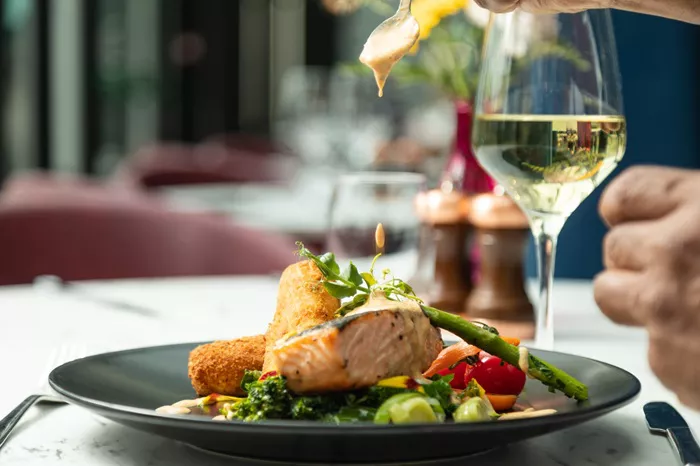In late 2024, Italy’s Minister of Agriculture, Francesco Lollobrigida, authorized Italian wines to be marketed as ‘wine’ even after the removal of alcohol, provided the alcohol by volume (ABV) falls below specific thresholds. Wines with an ABV under 0.5% are classified as ‘de-alcoholised,’ while those containing between 0.5% and 8.5% ABV are designated ‘partially de-alcoholised.’ This decision represented a significant reversal from Lollobrigida’s previous stance expressed earlier in 2024 at Vinitaly.
However, the regulatory progress encountered a major obstacle due to conflicting fiscal rules between the Ministry of Economy and Finance (MEF) and the Ministry of Agriculture, Food Sovereignty and Forests (MASAF). Without resolution, producers would have faced delays until 2026 to legally manufacture de-alcoholised wines domestically, potentially forcing them to outsource the de-alcoholisation process abroad.
Following concerted efforts by Italy’s principal wine trade association, Unione Italiana Vini (UIV), the bureaucratic impasse has now been resolved. Paolo Castellati, UIV’s general secretary, stated on 13 June: “The approval of yesterday’s fiscal decree-law has broken the deadlock on de-alcoholised wines, which risked continuing until 2026. The Ministries of Economy and Agriculture can now promptly collaborate on an inter-ministerial decree establishing the conditions and fiscal authorizations for producing de-alcoholised wines in Italy.” Castellati urged a swift response from the ministries to implement the awaited decree.
Industry Leaders Welcome Regulatory Clarity
Among the leading Italian producers poised to benefit from this regulatory shift is Zonin 1821, which has already invested in no- and low-alcohol products like its Zonin Zero range. Domenico Zonin, president of the Zonin 1821 Group, described the development as “crucial” in allowing Italian wine producers to capitalize on rising consumer demand and maintain competitiveness against countries such as Spain and Germany, where de-alcoholised wine production has been permitted for years.
Zonin highlighted that while Italian producers were previously allowed to produce de-alcoholised wines, the actual de-alcoholisation process had to be conducted abroad, increasing production costs and retail prices. The new regulations provide a clear and transparent definition of ‘de-alcoholised’ (ABV below 0.5%) and ‘partially de-alcoholised’ wines (ABV between 0.5% and below the legal minimum for wine), thereby enhancing consumer protection through clear labelling and production standards.
Market Outlook and Consumer Trends
Zonin characterized de-alcoholised wine as an evolution of Italian winemaking heritage, adapted to modern consumer preferences. Since its launch at Vinitaly 2023, Zonin’s de-alcoholised wines have gained traction across Europe—particularly in the Baltic region, Germany, Austria, and the UK—and expanded distribution into the US and Canada in 2024. The company projects continued growth in 2025 supported by broader market presence.
Data from the UIV-Vinitaly Observatory shows that Italy’s no- and low-alcohol wine market, currently valued at €3.3 million, is expected to nearly quintuple to €15 million within four years. Domestic retail interest is rising as well, signaling potential for robust growth in the Italian market.
Heightened interest in de-alcoholised wines also reflects changes in consumer behaviour driven by Italy’s stricter drink-driving laws, with 46% of Italians surveyed indicating plans to adjust their drinking habits and social routines accordingly.
This regulatory breakthrough marks a pivotal moment for the Italian wine industry, allowing producers to innovate and meet evolving market demands while preserving the country’s rich vinicultural tradition.
You Might Be Interested In:


